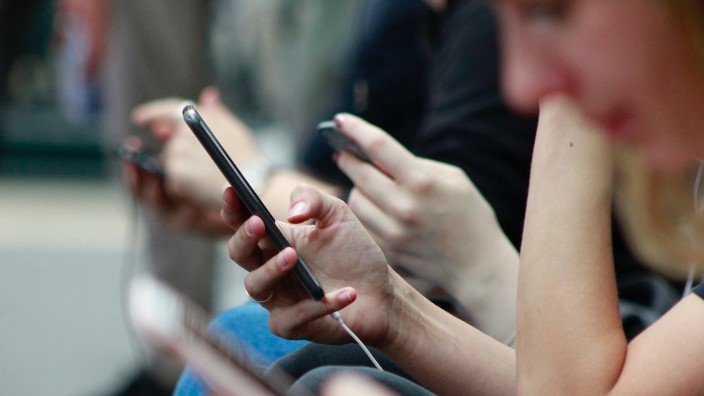 In the digital era, privacy and security have become important issues, particularly when shopping and banking online. We now use the internet more than ever to do simple tasks like buying clothes or checking our account statements. While using the internet to do these things comes with many benefits, there are also some associated security risks. In this article, you will find an introduction to some of these risks, as well as some practical tips about how to protect your privacy online.
In the digital era, privacy and security have become important issues, particularly when shopping and banking online. We now use the internet more than ever to do simple tasks like buying clothes or checking our account statements. While using the internet to do these things comes with many benefits, there are also some associated security risks. In this article, you will find an introduction to some of these risks, as well as some practical tips about how to protect your privacy online.
Online Banking Security
The most important thing you can do to ensure your online banking security is to protect your sensitive banking information. Here are some practical things you can do:
- Use different passwords for bank accounts and social/other accounts
- Do not record your passwords
- Change your passwords over time
- Use complex passwords
- Secure your mailbox
- Install antivirus software
- Keep your computer software up to date
- Only ever do your online banking on secure wifi networks
- Do not do your banking on shared devices (e.g. library computers)
- Only ever provide your primary email to people you know
- Do not share sensitive information on social media
- Do not respond to unsolicited requests for personal or banking information
Even if you take preventative measures, it is also a good idea to regularly check your accounts to make sure that there are no unusual transactions. The easiest way to do this is to have access to your accounts via your computer or mobile. Greater Bank offers a number of different savings accounts that come with free internet and mobile banking, including the Bonus Saver, Life Saver, Retirement Plus, and Cash Management accounts.
It is also a good idea to talk to your bank about the security measures they have in place to protect your account. You should become familiar with your bank’s policies about how they contact you. Greater Bank, for example, will never send unsolicited emails, messages, or calls asking for . Knowing how your bank will contact you will allow you to avoid being caught up in a phishing scam. You can learn more about phishing scams here.
Online Shopping Privacy
With more consumers choosing to shop via the internet, retailers have begun to use technology to know more about you and your shopping habits. Website administrators can learn a lot of information about you when you visit their websites.
Many websites now use ‘cookies’ - small pieces of code that websites leave on your computer after you have visited them. When you use the internet, these pieces of code will personalise your browsing. For example, a website might remember your username for signing in, or you might see items you have searched for being advertised to you on unrelated websites.
In some circumstances, these features can make the internet easier to use, but at other times they can be invasive. It can also be dangerous for a lot of your personal information to be available to websites you visit. Hackers can use that information to assume your identity, access your internet accounts, or to contact you in a phishing scam. You can protect yourself against this by turning off cookies when you are shopping, or by deleting cookies stored on your computer.
Online Shopping Security
As when you are banking online, you should always be careful about how and to whom you give your sensitive information. If you are purchasing products online, you will need to provide details for a financial account, but you need to be careful when doing this. You should only ever provide these details when making purchases from reputable retailers. Sometimes hackers will create websites to make you purchase items just so that you provide them your sensitive banking information.
Even if you are using a reputable website, though, hackers can still access your information if you are not careful. You should only ever do online shopping on secure networks, such as your home wifi. Also, you should only ever do online shopping from your own personal devices to make sure your payment details are not remembered by other computers.
Greater Bank
One of the best ways to protect yourself when shopping online is to make sure that you only make purchases using payment cards with strong security measures. For example, Greater Bank’s Visa Credit Card and Visa Debit Card both come with VISA Secure, eftpos Secure, as well as 24/7 support from Greater Bank and VISA Global Assist.
This article is intended to provide general information of an educational nature only. This information has been prepared without taking into account your objectives, financial situation or needs. Therefore, before acting on this information, you should consider its appropriateness having regard to these matters and the product terms and conditions. Terms, conditions, fees, charges and credit criteria apply. Information in this article is current as at the date of publication.

